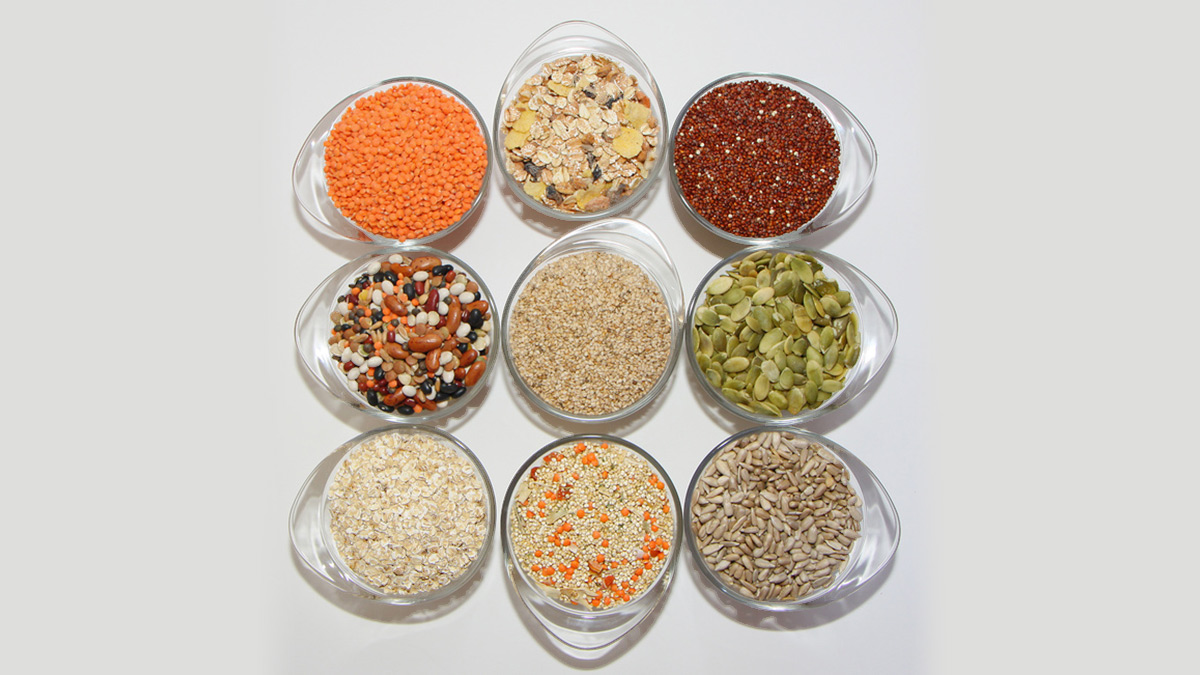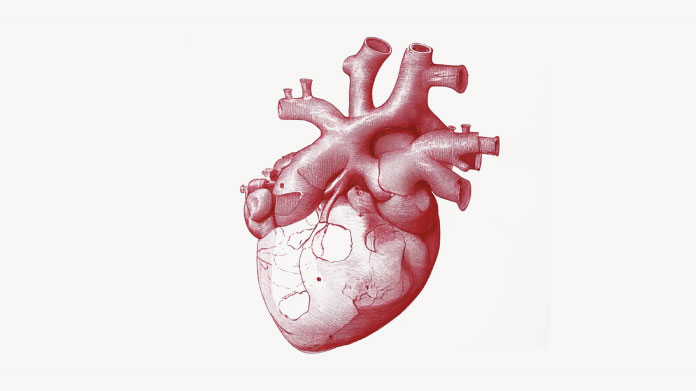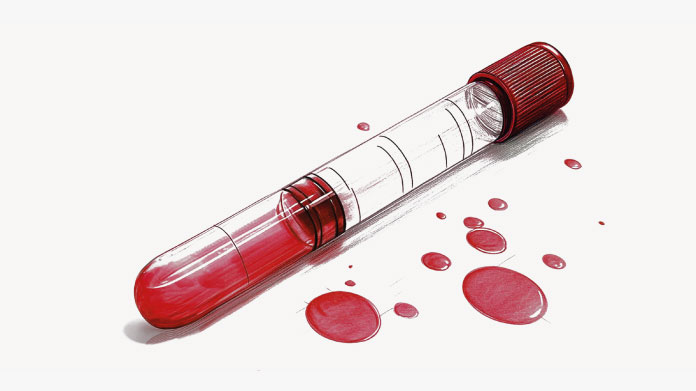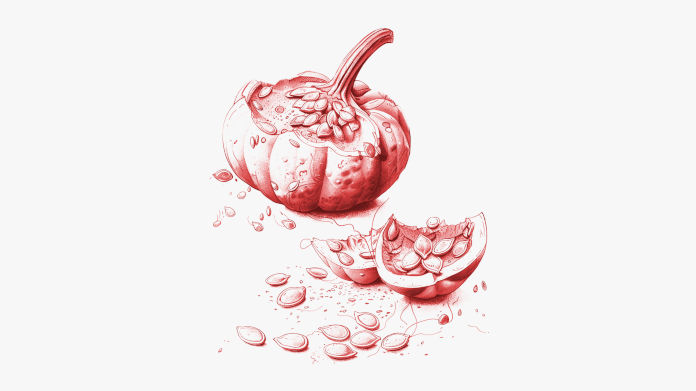3 healthy seeds to discover
Seeds are currently in vogue, not only because they’re crunchy and full of flavor.Let’s take a closer look at three seeds with surprising virtues.

Grains of Paradise: an aid to slimming
Why use them? While grains of Paradise (Aframomum melegueta) are still relatively unknown, these seeds are used for a range of purposes in their native Africa. Also known as maniguette pepper or Guinea pepper, they are used in cooking for their intense, pungent and slightly lemony taste. They also offer benefits to those who want to lose weight because of their content in 6-paradol. This powerful active principle has a fat-burning effect, and is thus ideal for supporting a weight-loss program.
How should they be consumed? Just like black pepper, grains of Paradise can be used as a spice to season savory dishes. They should, however, be used sparingly as they have a pungent flavor. To benefit from their slimming effect, extracts standardized in 6-paradol are also available, such as the product Paradoxine®. This slimming supplement works as a natural fat-burner, increasing thermogenesis and facilitating weight loss.
Sesame seeds: benefits for cardiovascular health
Why use them? Mainly grown in Asia and the Middle East, sesame seeds (Sesamum indicum) have been the focus of a number of research studies in recent years. This scientific interest is due to their exceptional nutritional composition and significant therapeutic potential. Sesame seeds contain several nutrients beneficial to health, including B group vitamins, vitamin E, calcium, iron and magnesium. They also contain lignans, active principles from the polyphenol family. Two such lignans, sesamin and sesamolin, are of particular scientific interest as they are believed to have considerable antioxidant potency for protecting the cardiovascular system, as well as hypotensive and cholesterol-lowering effects that help maintain normal blood pressure and lipid profiles.
How should they be consumed? While sesame seeds can be incorporated into various recipes, you would have to consume vast quantities to fully benefit from their cardio-protective properties. Hence the development of extracts standardized in sesamin and sesamolin, including SesaPlex™. The powerful formulation Life Extension Mix also contains sesame seed extract.
Pumpkin seeds: support for urinary function
Why use them? Pumpkin seeds (Cucurbita pepo) have been growing in popularity in recent years. Though long side-lined in favour of the pumpkin’s sweet, tasty flesh, the seeds are now coming to the forefront because of their excellent nutritional profile and natural health benefits. Pumpkin seeds are rich in plant proteins, fibre, vitamins, minerals, unsaturated fatty acids and phytosterols, all of which help the body function properly. Widely-studied, pumpkin seeds have demonstrated particular benefits for urinary health. Several studies have also shown that they combat symptoms of the menopause and prostate-related problems such as benign prostatic hyperplasia (BPH).
How should they be consumed? Pumpkin seeds can be consumed in a variety of ways. In cooking, these distinctive green seeds are often added to salads and soups. In phytotherapy, specialists usually recommend the use of pumpkin seed oil. Rich in nutrients and active principles, this plant oil is now available in dietary supplement form such as in the product Pumpkin Seed Oil.
Keywords
13 Hours
great products and prices
great products and prices
Marie
6 Days
Easy to navigate site
Easy to navigate site, had what I was searching for, good price. easy order-check out
James Tucker
12 Days
My skin is clearing up nicely!
Pretty good for my skin so far.
Christian
14 Days
The new packaging is excellent
The new packaging is excellent - finally! No more squashed boxes and torn envelopes.
GORAN
15 Days
Great Product
Great Product
Larry Garrett
19 Days
Quick shipping
Quick shipping; good price. No issues!
Mary McCarty
21 Days
Thr product is very good and is helping…
Thr product is very good and is helping me on my health. Then is always on time
LUGO Luz
23 Days
Buying was fine
Buying was fine. I had problems with the website not recognizing my login info, and had to call to get it fixed. Other than that, everything was good.
David S. Clark
24 Days
Your super maca and super ginseng are…phenomenal
Your super maca and super ginseng are phenomenal supplements that compliment each other when taking them together. Fantastic feeling of well-being and lots of mid day energy without the crash.
Keith Mason
26 Days
I have had amazing results with every…
I have had amazing results with every supplement I've purchased. I am extremely satisfied with this company
kirstin Torres
26 Days
Fine products
Fine products . They are on the leading edge of online supplements. The only issue -so far-is they sometime run out of subscription items.
Jason Argos
29 Days
The ordering process is very user…
The ordering process is very user friendly and the products always come in a timely manner.
CARTER Rhonda
30 Days
The price for Dr
The price for Dr. Pero's AC-11 is reasonable and in line with his views. (my former colleague). Keep it pure.
CAMPBELL Clayton
33 Days
Right on every time.
Right on every time.
Arthur Nicholas
36 Days
They are cheaper than everyone else and…
They are cheaper than everyone else and the shipping was fast. Great company.
Patricia Adams




